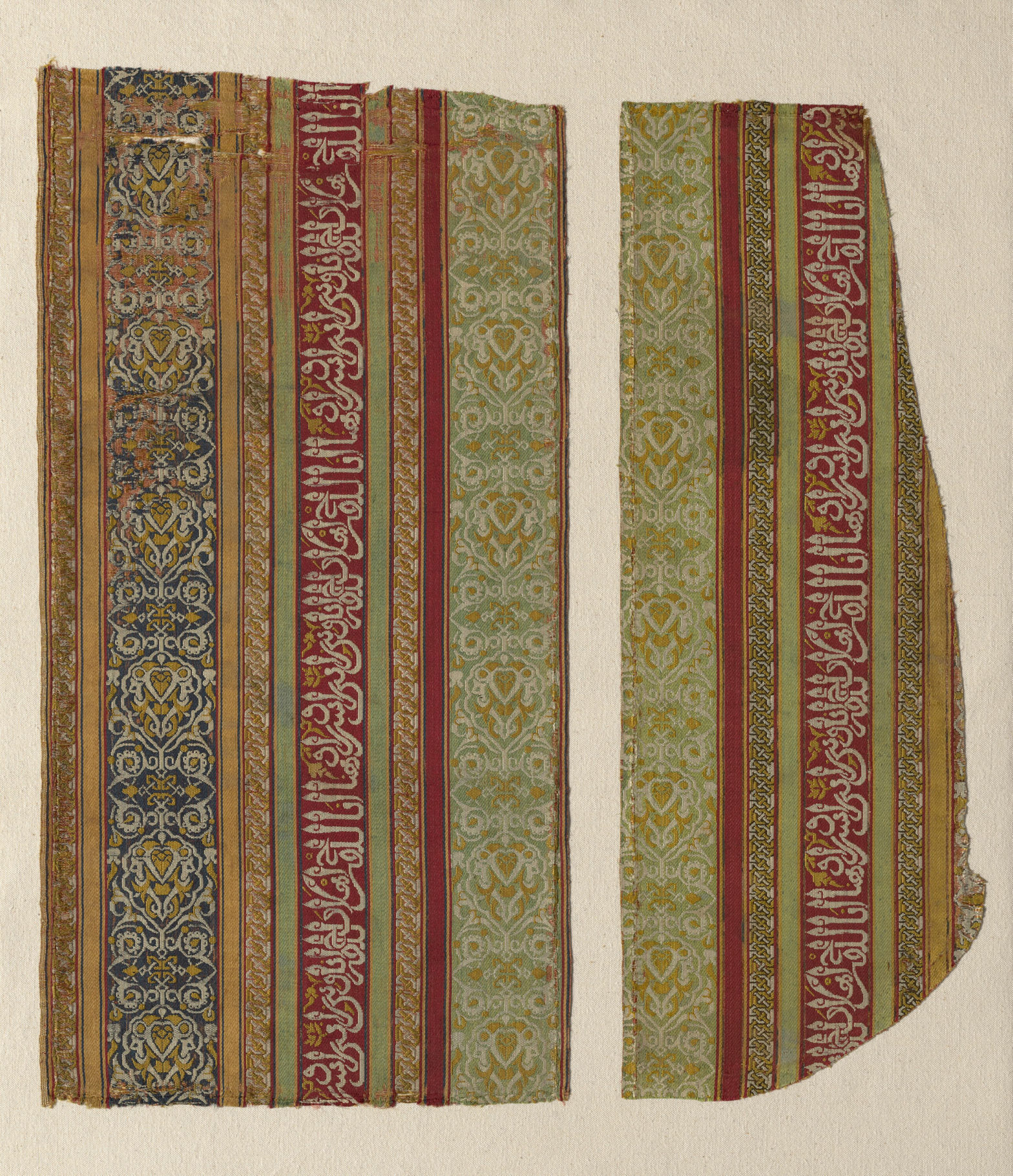
Decolonizing Psychoanalysis imagines psychoanalysis geopolitically by drawing upon non-Western theory and apophatic theology in order to rethink key meta-psychological concepts, such as the Unconscious; Imagination; Ethics; and Embodiment. More specifically, it explores psychoanalytic theory through the oeuvre of Sami-Ali, the Arabic translator of Sigmund Freud’s Three Essays on the Theory of Sexuality, author of a large body of original psychoanalytic writings, and translator of the poetry of Sufi masters. In his early theoretical writings, Sami-Ali rethinks the category of the imaginary as distinct from both phenomenology and Lacanian theory. Structured by an Islamic apophatic theology, such a notion of the imaginary conceptualized psychic reality as a space of conjoined opposites, much like the dream world, marking a reality which both exists and does not exist. This theologically-informed notion of imagination, more expansive than that of Jean-Paul Sartre, Maurice Merleau-Ponty, or even Freud, highlighted the importance of non-savoir (non-knowledge) and creative forces beyond those of the human subject.
An initial article from this book project, “Psychoanalysis and the Imaginary: Translating Freud in Postcolonial Egypt,” has been published in the journal Psychoanalysis & History. An exploratory foray into the work of Sami-Ali, it argues that his writings enable a critical rethinking of the role of the imaginary, the mechanisms of projection, and the epistemology of non-knowledge in the workings of the unconscious. Significantly, such a rethinking of key psychoanalytic concepts drew upon the Sufi metaphysics of the imagination of Ibn ʿArabi. Yet such theoretical work cannot be understood outside of its wider clinical context and the conditions of (im)possibility that structure psychoanalysis within the postcolony. Reconstituting Sami-Ali’s early theoretical writings alongside his work with the long-forgotten figures he observed, incarcerated sex workers in 1950s Cairo, I argue that his clinical encounters constituted the ground of his theorization of the imaginary within the embodied subject. Attending to the work of translation inherent within psychoanalytic practice – whether from Sigmund Freud’s own German writings into French or Arabic, or from clinical practice into theoretical discourse – helps us conceptualize psychoanalysis as taking place otherwise at the intersection of multiple epistemological and ethical traditions.